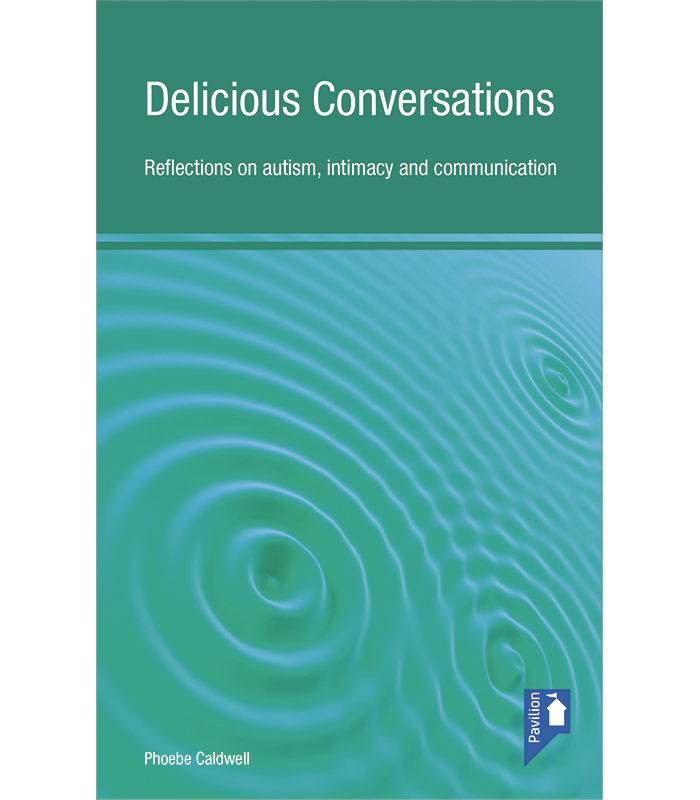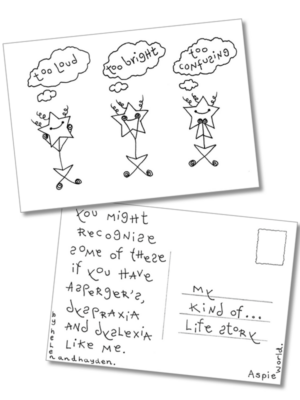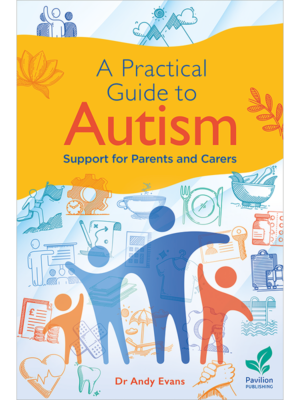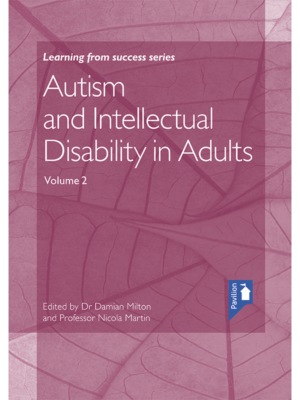Description
In Delicious Conversations, Phoebe Caldwell offers us her personal insights into how we can experience intimacy with those on the autistic spectrum, based on years of experience working in the field. The book deals not only with ways of working in a professional context but also takes a more general look at the nature of affective communication and how we can learn to ‘read’ other people by recognising our subconscious reactions to their body language.
Autism is a condition characterised by aloneness, separation and inward focus. Through her compelling reflections Caldwell shows us that by tuning in to our partners’ body language we can not only communicate with people with autism but also share an emotional connection, helping to combat the isolating nature of autistic spectrum conditions.
Caldwell offers practical advice for ways that we can tap into our intuitive minds and share an intimate connection with our communication partners, building a dialogue that does not rely on speech but makes use of all of our senses. Using examples from her own experience Caldwell emphasises that these techniques can help to alleviate the distress that may be at the route of stereotypic behaviours, by communicating with people on their own terms and in their own ‘language’.
Audience
This handbook will be of interest to health and social care workers, personal assistants, service staff and managers, family members, individuals supporting people on the autistic spectrum and anyone with an interest in the nature of affective communication.
Details
ISBN: 9781908993052
Publisher: Pavilion Publishing and Media
Publication: 24 July 2012
Content:
Chapter 1: Introduction
Chapter 2: Whose reality?
Chapter 3: Spaced out
Chapter 4: Body language and conversation
Chapter 5: Why does ‘imitation’ work?
Chapter 6: Talking to myself
Chapter 7: A walk by the sea
Chapter 8: Compare and contrast
Chapter 9: ‘Happiest days of your life’
Chapter 10: Behind the mirror
Chapter 11: Joined up islands.
Author
Phoebe Caldwell is an Intensive Interaction practitioner working mainly with children and adults on the autistic spectrum, many of whom have behavioural distress. Phoebe’s methods combine using a person’s body language to communicate, with paying attention to those aspects of an individual’s environment that are triggering sensory distress. For four years Phoebe was a Rowntree Research Fellow looking at best practice. She teaches management, therapists, parents, teachers, advocates and carers, nationally and internationally. She is also employed by NHS, social services and community and education services to work with individuals they are finding it difficult to provide a service for.
She has published seven books and four training films and a number of academic papers. In 2010, she was awarded the Times/Sternberg Active Life Award for work on autism and contribution to the community, and in July 2011 Bristol University awarded her an Honorary Doctorate of Science for communication with people with autism.






Reviews
There are no reviews yet.